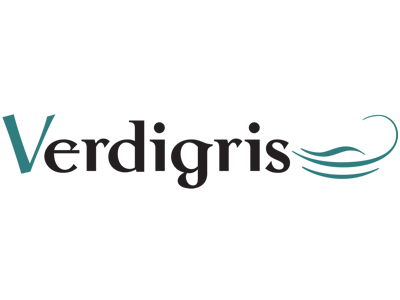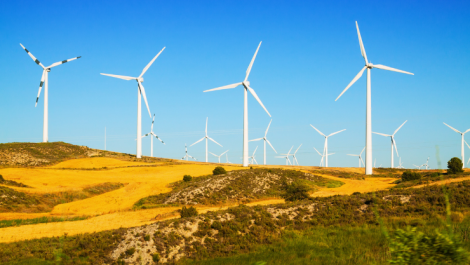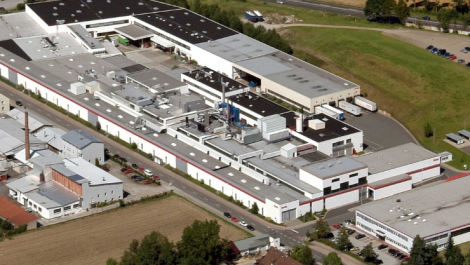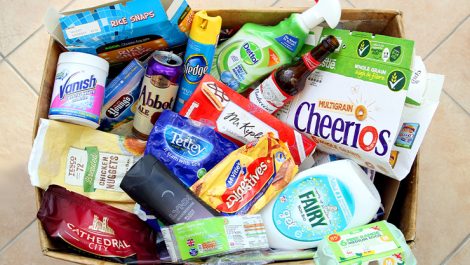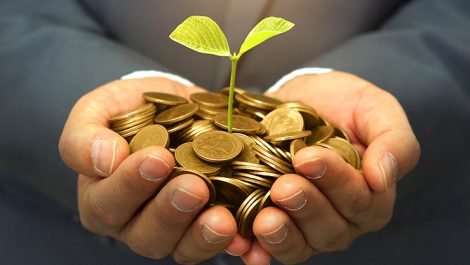By 2025 the European Union’s (EU) Circular Plastics Alliance expects ten million tonnes of plastic to be recycled every year. To achieve this goal the EU has obtained pledges from some of the world’s biggest print buyers including IKEA and Coca Cola. Longer term, all plastic packaging placed on the EU market will have to be either reusable or fully recyclable.
The many companies pledging support for the EU’s project are keen to make a difference, if only to keep customers on side. At the moment we recycle around 6.4 million tonnes of plastic per year, a rising number that is 60% higher than the 2016 figure. By 2030 all plastic packaging placed on the EU market will reusable or recyclable.
Most of the companies in the Circular Plastics Alliance are industrial companies who either use plastics in their products or for packaging. Industry associations such as the Confederation of Danish Industries, the Swedish Food Retailers’ Federation, Technology industries of Finland and the European Federation of Bottled Waters make up a solid block. There is only one company with close ties to the graphics industry involved in this project. That company is Tetrapak, one of the leaders in food processing and packaging.
Tetrapak’s interest in this initiative is based on its intention that by 2030 it will be able to recycle all components used in its containers, which currently include 75% paper fibres plus plastic and aluminium laminates. Many Tetrapak containers are supplied with plastic straws and these will be replaced with paper ones. Tetrapak is also redesigning containers so that they do without the straw completely. Tetrapak also wants to use more renewable feedstocks and is working with partners so that its beverages cartons can be completely recycled. According to Lisa Ryden the company’s director of recycling ‘innovations in package design, collection, sorting and recycling will enable higher recycling rates of packaging materials.’
The 2030 target for ensuring that all plastic packaging placed on the EU market is reusable or recyclable is ambitious. But work is already underway to achieve it. Through brand initiatives and working with local governments, Tetrapak and the rest of the EU’s merry band of circular economists expect to have things sorted. And it’s got to be a great opportunity for the paper people.
– Laurel Brunner
This article was produced by the Verdigris Project, an industry initiative intended to raise awareness of print’s positive environmental impact. This weekly commentary helps printing companies keep up to date with environmental standards, and how environmentally friendly business management can help improve their bottom lines. Verdigris is supported by the following companies: Agfa Graphics, EFI, Fespa, HP, Kodak, Kornit, Ricoh, Spindrift, Splash PR, Unity Publishing and Xeikon.
